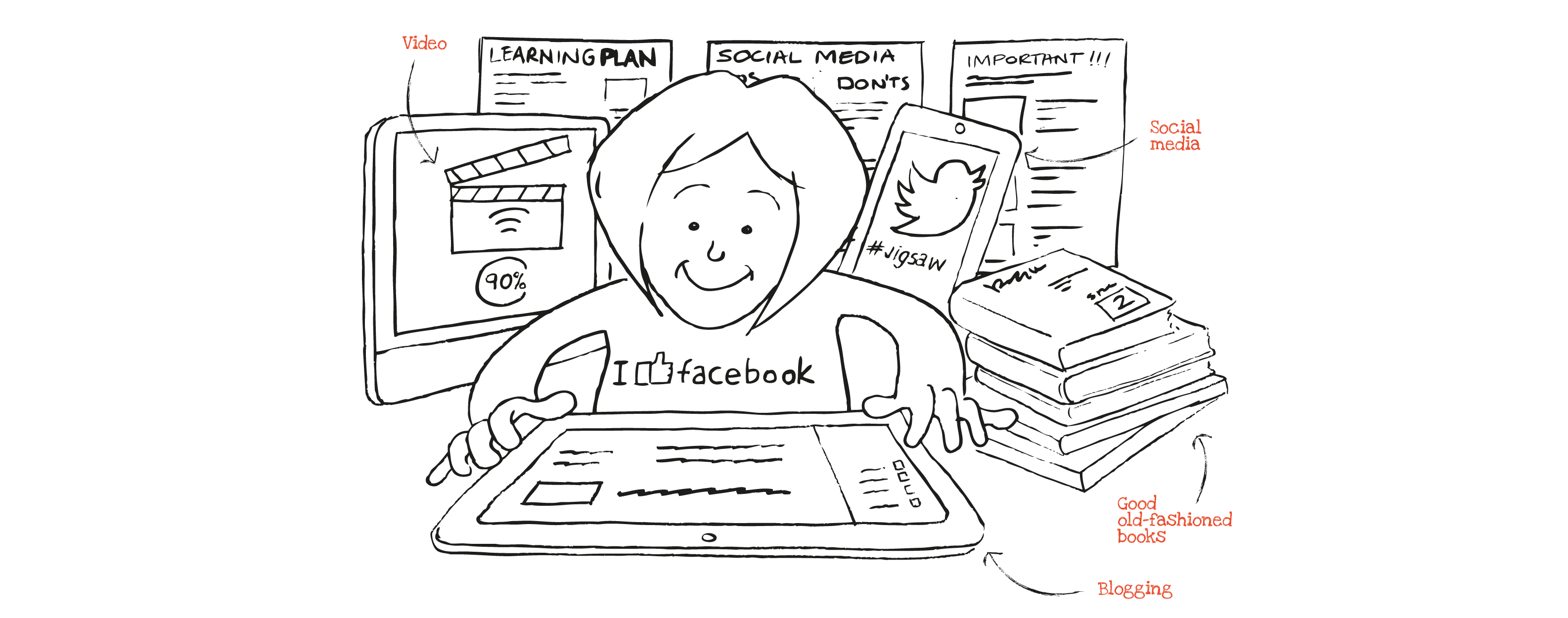Blended learning
Blended learning programmes usually combine e-learning or online learning with offline activities (such as workshop or classroom sessions), but also include video conferencing, workbooks, mentoring, summer schools, peer-to-peer networking, group work - the list goes on. Combining media, approaches and situations leads to greater knowledge retention, practical skills development and better performance.
What do we do?
No matter how you deliver your blended learning programme, we are passionate advocates of instructional design and always define learning goals first and build everything around them. We consider your audience, subject, and desired outcomes and then decide the best way for your learners to develop the required skills and knowledge.
Examples of projects
- Oiltanking: Working with IM-C, we designed a blended learning curriculum for new recruits to oil, gas and chemical terminals involving critical safety procedures. Staff began with supervisory briefings before embarking on a series of e-learning modules, supported by offline personal logbooks to record observations, and meetings with mentors. Following completion of the e-learning modules, learners were accompanied by supervisors on site to demonstrate their knowledge of procedures, prior to gaining approval to operate alone.
- The Royal Yachting Association: The RYA offers a wide range of courses for professional and leisure boat users, including coaches and instructors, through a network of training centres. Any RYA programme combines practical skills with theory, from navigation and seamanship to working with children and vulnerable adults. Collaborating with the RYA training team, we design varied programmes comprising e-learning, printed handbooks, charts, tide tables, local environmental information, videos, reference materials, classroom and on the water activities and assessments. The RYA’s high-quality publications, the skills of their instructors, and bespoke online and offline training resources combine to produce interactive, engaging and successful blended learning programmes.
- Canadian Tourism Human Resources Council: CTHRC is responsible for devising standards for Canada’s thriving tourism industry. Jigsaw worked with CTHRC to develop workbooks and accompanying e-learning courses to support specific job roles, such as Reservation Sales Agents and Housekeeping Room Attendants. One of the challenges was the range of workplaces that learners might be operating in – from five-star hotels to small bed and breakfasts. By working with practitioners to devise realistic situations, we ensured that workbooks and e-learning courses were relevant to this diverse audience. A particular success was a “Day in the Life” simulation, which drew together all the learning points from each programme into a single interaction in which learners met and dealt with real-life customers. Jigsaw devised and built all content for this programme.
More

